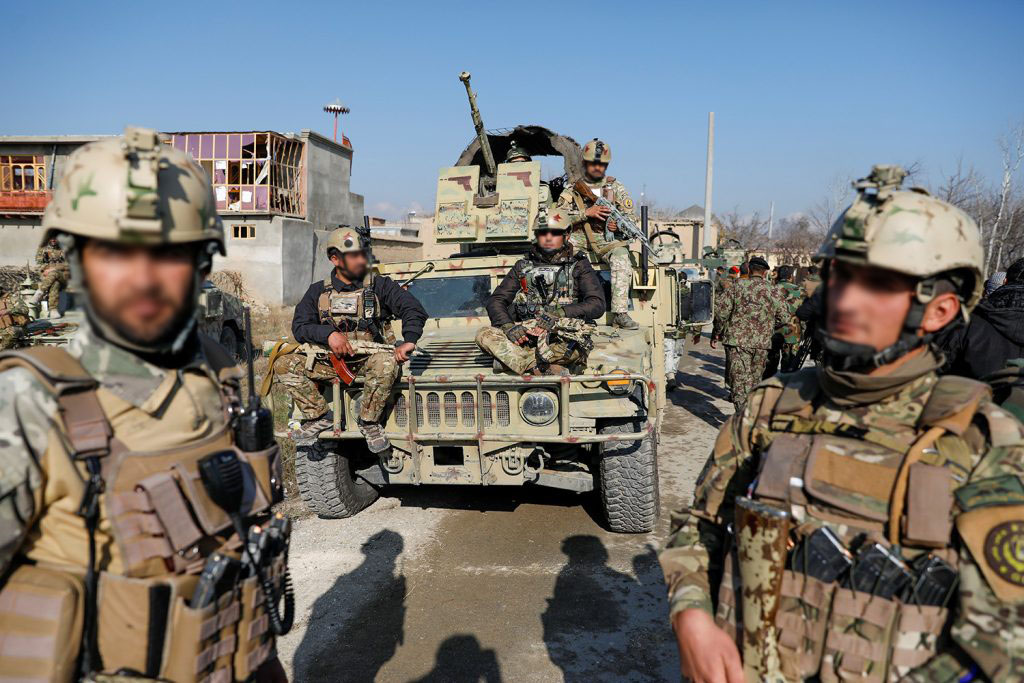The United Nations Assistance Mission in Afghanistan (UNAMA) has reported that from April 1 to June 30, the Taliban killed at least seven former members of Afghanistan’s security and defense forces. The mission also documented eight cases of arbitrary detention and three incidents of torture or ill-treatment involving former officials and security personnel.
These findings stand in contrast to Taliban Interior Minister Sirajuddin Haqqani’s remarks during a June 26 visit to Kapisa, where he claimed the group remained committed to its “general amnesty” decree and prohibited any violations of people’s rights.
Rights of Deported Migrants Violated
UNAMA’s latest report stressed that Afghanistan’s deported migrants, who have often faced discrimination and unfounded accusations in neighboring countries, continue to experience rights violations upon return. The mission reiterated allegations from its previous reports that the Taliban has arbitrarily detained women and girls, former government officials, and ex-security forces, and subjected them to mistreatment.
Taliban’s Response
Following UNAMA’s earlier report in July, the Taliban acknowledged some rights violations against returnees but denied these were systematic. On August 10, Taliban authorities announced the formation of a commission—comprising representatives from the Foreign Ministry, Interior Ministry, the Ministry for the Promotion of Virtue and Prevention of Vice, and the General Directorate of Intelligence—to investigate the claims.
The Taliban accused UNAMA of “wordplay” and creating unnecessary anxiety among migrants, arguing that the report overlooked “positive measures” and failed to reflect the experiences of “millions” who had returned “safely and with dignity.” They also said UNAMA’s use of terms such as “arbitrary detention,” “reprisal,” “torture,” and “ill-treatment” carried political overtones and questioned the mission’s neutrality.
Taliban officials further criticized the report for citing cases without specific times, locations, or identities, claiming this made verification impossible, and said UNAMA had ignored Afghanistan’s “religious and social values.” The group confirmed it had summoned UNAMA representatives to the Foreign Ministry, warning that the current reporting approach must change or “appropriate measures” would be taken.
Civilian Casualties
UNAMA also reported three explosions in Mazar-i-Sharif during this period, with the Jabha-ye Azadi claiming responsibility for two. Seven civilians were injured in these two incidents, although the group’s political committee head, Dawood Naji, denied involvement and urged UNAMA to ensure greater accuracy in its reporting.
Additionally, an April 14 explosion in Balkh killed one man and injured nine others. Explosive remnants of war claimed 70 lives during the quarter, 43 of them children.







